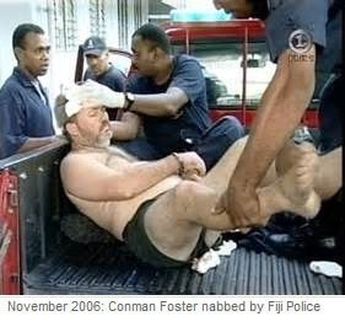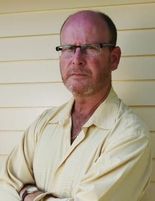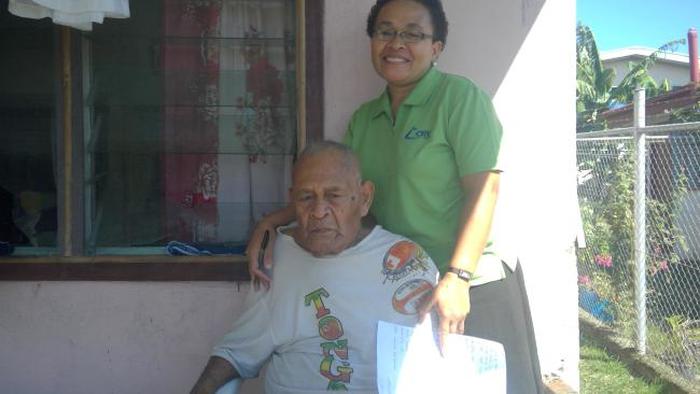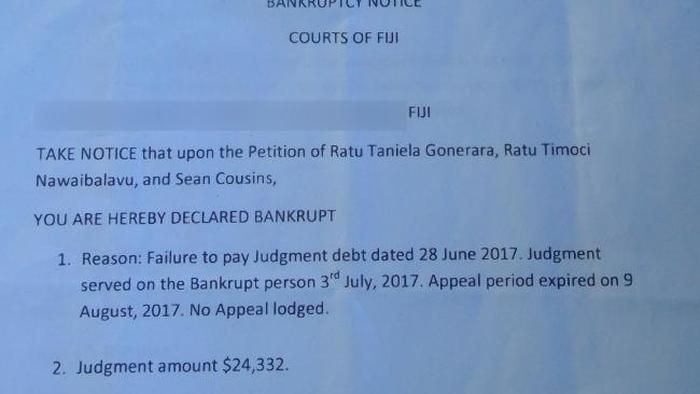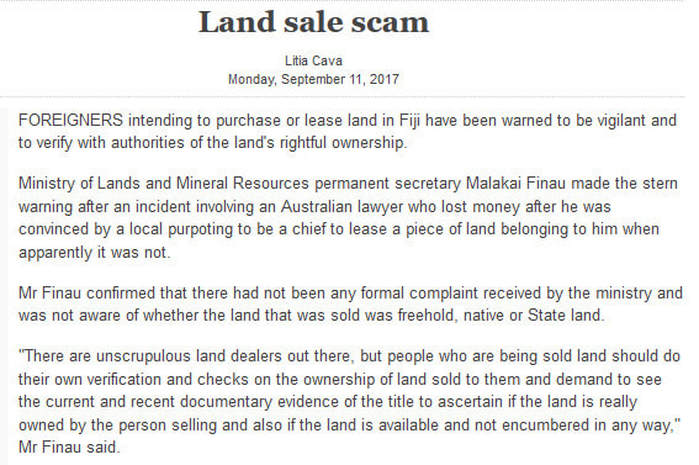Sean Cousins is a former friend and was lawyer to CONMAN Peter Foster. In 2009 Cousins was struck off over his association with Foster. The Australian Legal Practice Tribunal found Cousins was unfit to practise as a barrister and ordered his name be removed from the roll of practitioners. The Legal Services Commissioner had alleged Cousins was guilty of professional misconduct in directly knowing Chaste Corporation Pty Ltd was engaging in conduct in contravention of the Trade Practices Act between March 2000 and November 2001. Chaste Corporation was controlled by Foster and a man named Brad Webb and sold exclusive distributorships for a product called "TRIMit" weight-loss pills. In the tribunal Cousins conceded his conduct amounted to professional misconduct and at the time he was unfit to practise because of that conduct and his mental condition. Justice Margaret Wilson said Cousins was involved in the corporation making representations about TRIMit including the corporation's plans to promote it, its efficacy, its testing and it having regulatory approval. She said Cousins knew that the representations were misleading or deceptive. Justice Wilson noted that after breaking his ties with Foster in 2001 Cousins had returned to the bar where he had practised without any complaint. Cousins was admitted as a solicitor in 1990 and then as a barrister in 1998. Meanwhile, conman Foster had also claimed he had links with Jale Bala, now a vocal cheerleader for Rabuka and SODELPA;
http://www.fijileaks.com/home/confidence-trickster-or-the-real-one-jale-baba-allegedly-kick-starting-fund-raising-for-newly-formed-one-fiji-party-and-calls-for-donations
Former Gold Coast lawyer Sean Cousins is warning holiday-makers not to fall for the “convincing” scams after discovering he had leased a 100m stretch of beachfront land from a vendor who was not the village chief as claimed.
“The warning is, watch out, because I’m not the only one who has been stung,” he said.
“Australians, New Zealanders, Americans, Germans — be aware, there are a number of Fijian people who claim to own the land and sell it to you and they don’t own it.”
A regular visitor to Fiji, he had started looking for land three years ago when he was approached with an offer “too good to refuse” involving land in a popular tourist area.
“This man introduced himself as the chief and the landowner and he showed me his father’s graves and his two brothers’ graves,” he said.
“It was all very convincing. There were about five or six houses and it really did appear to be one little family village.”
“My parents came to stay, family friends came to stay. Every time he would come over and say, ‘Hello, I’m the chief’,” Mr Cousins said.
Locals subsequently informed him the land belonged to a larger gazetted village and he discovered he had been paying the wrong person.
He went to court in conjunction with the “real chief”, Ratu Taniela Gonerara, and won a judgment against the vendor in June for repayment of FJD$24,400 ($14,980).
“The court is satisfied with the evidence (he) relied on the defendant’s initial false statement that he is the chief and he has the exclusive ownership to the said land which in actual fact he is not,” the judgment reads.
Mr Cousins subsequently obtained court orders bankrupting the vendor, and the real chief this week moved to evict the villagers involved. The Courier Mail, Brisbane, Australia
Other Queenslanders have been caught in similar disputes, Mr Cousins said.
“A couple from southeast Queensland bought some land about 20 minutes east of me and started to build a resort, only to discover the person they bought the land from does not own the land. Luckily, they were able to come to a negotiation with the real chief.”
